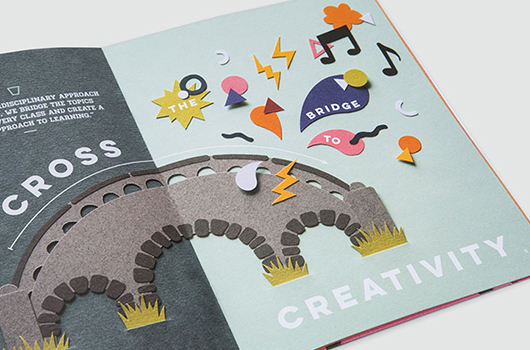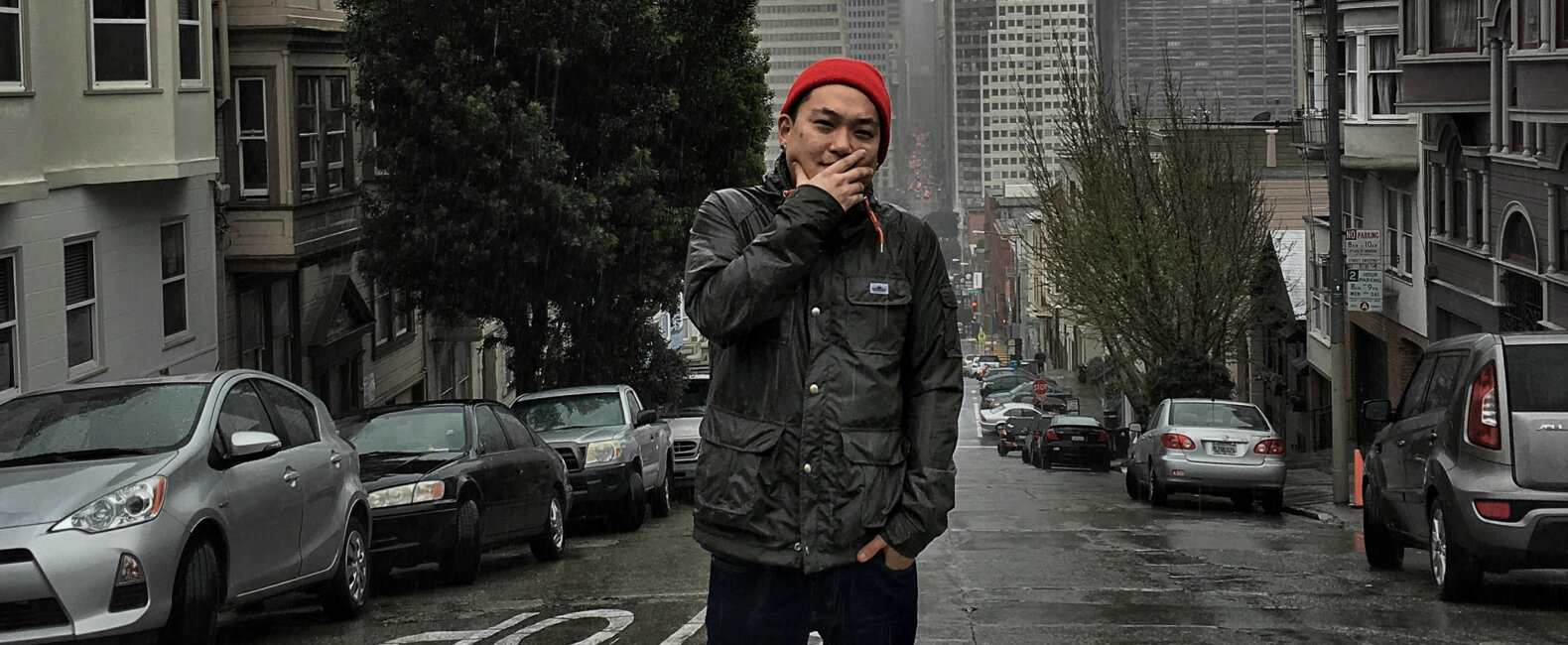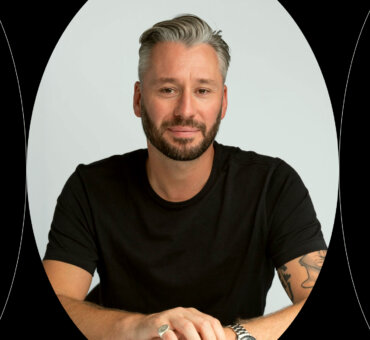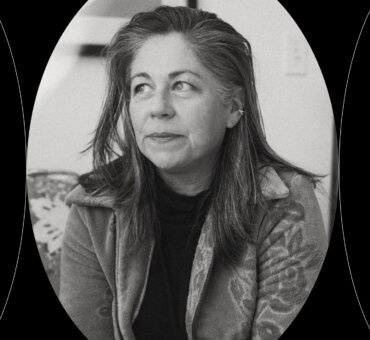At this point, we expect advertising to be insincere. We’ve never won a free cruise to the Bahamas. That cheap Mexican beer won’t transport us to our own beach — not even inside our minds. So if we expect anything from ads these days, it’s entertainment and little else.
But within this historically backhanded industry, there’s been a recent move toward greater authenticity ⎯ toward producing ads with heart and artistry that offer more to the audience than a simple sales pitch. Kenny Kim, the associate creative director for powerhouse ad agency Aloysius Butler & Clark, is on the front lines of this movement.
People like Kenny are putting in the hard work to create advertising that will truly resonate with people. We talked to Kenny about why he changed his mind about advertising, how the industry is evolving, and what it takes to create authentic ads.
Kenny Kim: While I was in graphic design school, I disdained advertising. It was never on my radar as a career goal. I was one of those kids who felt like advertising was selling out. But a teacher sat me down one day and said, “I hear you talking about how much you hate advertising. What do you think you want to do?” So I started listing off things I was interested in, and he brought me back down to earth. He was like, “Kenny, all those things you’re talking about are technically forms of advertising.” I didn’t have a realistic view of the field before then. I didn’t understand what was possible. That teacher shattered a lot of my preconceived notions about advertising.
Musicbed: What was it specifically about advertising that you didn’t like?
My biggest hang-up was working on products I didn’t believe in. The last thing I wanted to do was sell cigarettes or booze or things like that. Even if those end up being the coolest clients to work with, I felt weird about it. But I didn’t understand the full range of what advertising could mean. I’ve been pleasantly surprised.

Do you remember what the professor told you that changed your mind?
I was coming at everything from an aesthetic perspective. They were the classic art school tropes. I wanted to start a T-shirt company. I wanted to design movie posters. But my professor was like, “You know movie posters are a form of advertising, right?” And I realized that was true. He explained how you can pretty much turn anything you’re interested in, into an advertising gig. And he was right.
At the end of the day, it’s finding ways to relate to people… When you make advertising, you can contribute to something valuable, not just create a bunch of crap that people will ignore.
What have you found within advertising that’s worthwhile?

At the end of the day, it’s finding ways to relate to people. When you watch a commercial that feels earnest or honest, it resonates. You can have these awesome moments with a brand. When you make advertising, you can contribute to something valuable, not just create a bunch of crap that people will ignore.
People are cynical nowadays. They don’t want to like your advertising. But every now and then, something good comes along that makes them laugh or smile. Something comes along that adds to the good and not to the shit.
Has there been a recent shift in advertising toward authenticity?
I’ve noticed that, yes. You start seeing more slices of life instead of fabricated situations or scenarios. We want to make spots that talk to specific people, rather than deliver some general sales message. A lot of brands are coming out and saying, “This is who we are and this is what we believe.” And if you fall into that bucket, you’ll know it.
The most recent project I worked on was all about authenticity. It was for a big cable company that was having some PR problems. Their public perception was bad, but they were trying very hard to fix the issues. Portland, Oregon, was ranked the highest in terms of people who hated this company, so we went there first to make a spot about their new commitment to customer service. But because every city is so different and we wanted to make something that felt very authentic to Portland, we had to do a ton of research to make sure we weren’t projecting our own interests onto the city. When you start researching, you realize just how different the vibes in different places can be. How different the interests are. They might not even care about the thing you think is big in their town.
They might not even care about the thing you think is big in their town.
Finding ways to speak to people in different markets has been eye-opening for me. You can’t talk to everybody the same way. Even if the scripts are very similar, they have to be customized for the audience. You need that regional dialect. Those subtle accents. I love that. I love how diverse our country is, how diverse the people are.
When we did our research and scouting in Portland, we realized what a big deal food trucks are to them. So we made sure one of our spots included a food truck person. We also realized how important their parks are. The outdoors. Nature. In each city, we learned what actually resonates with people instead of assuming what would resonate. For example, people in Atlanta hate it when their city is called “Hotlanta.” In Philadelphia, they aren’t interested in watching people talk about Rocky and cheesesteak. Honestly, people in Philly eat roast pork. So you need to avoid the obvious things other people tend to say about a place, and find out what’s really going on. That takes work.
Usually when I think of authenticity, I think of some copywriter wearing a beanie and just, like, being himself, man. But authenticity takes some real legwork.
It’s not a turn of the key by any stretch of the imagination. For these ads we needed to do our research. We needed to scout. We had to make sure we were talking to people in an appropriate way and highlighting things about their city that would surprise them. That’s what made the ads authentic.
It’s easy to think of authenticity as being true to yourself, but it’s more about being true to your subject.
Exactly. If you aren’t resonating with the people who are watching, then what are you doing? We tried to make the ads as authentic to the cities as possible, and they’re testing very well. Brand perception numbers have gone up significantly, like double-digit moves. It’s been a labor of love, and it’s been really rewarding.
A lot of creatives end up in advertising just to make a living, but that doesn’t mean we can’t bring something worthwhile to the form. Creating authentic advertising isn’t easy. It takes real work ⎯ researching, scouting, listening. But in the end, it’s possible to make something that not only delivers a message, but also resonates with an audience. And isn’t that what we’re all after anyway?





















































































